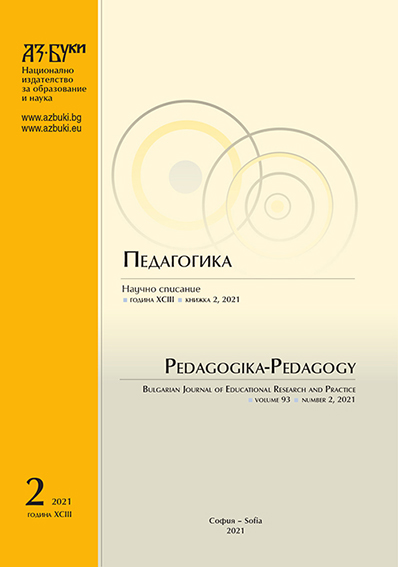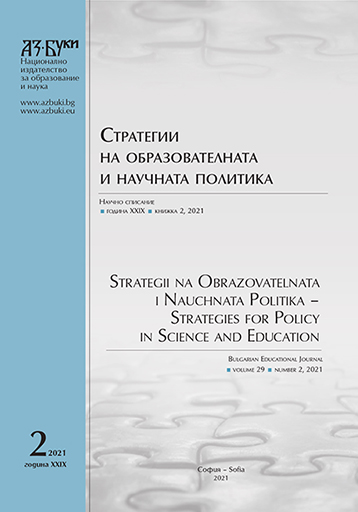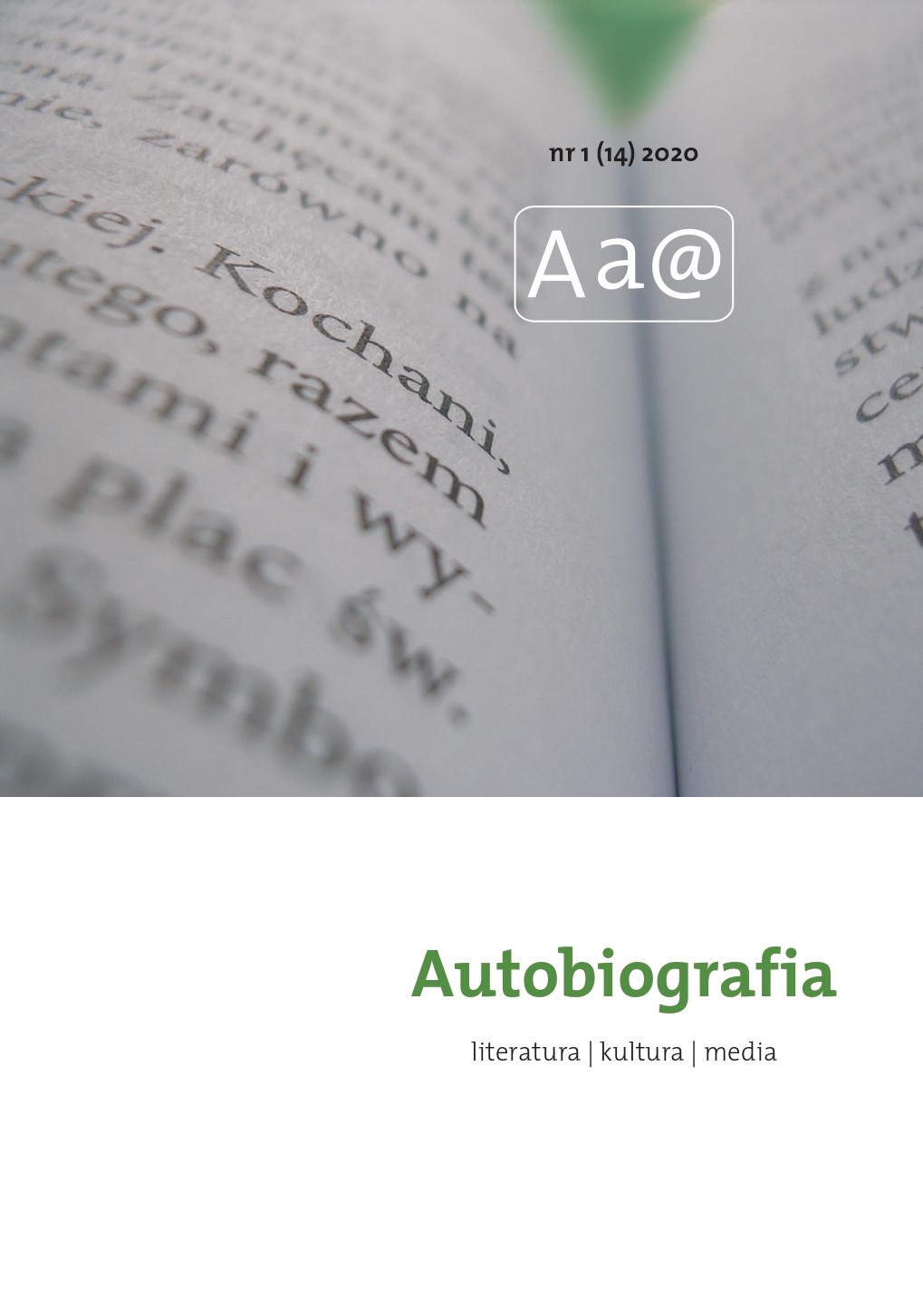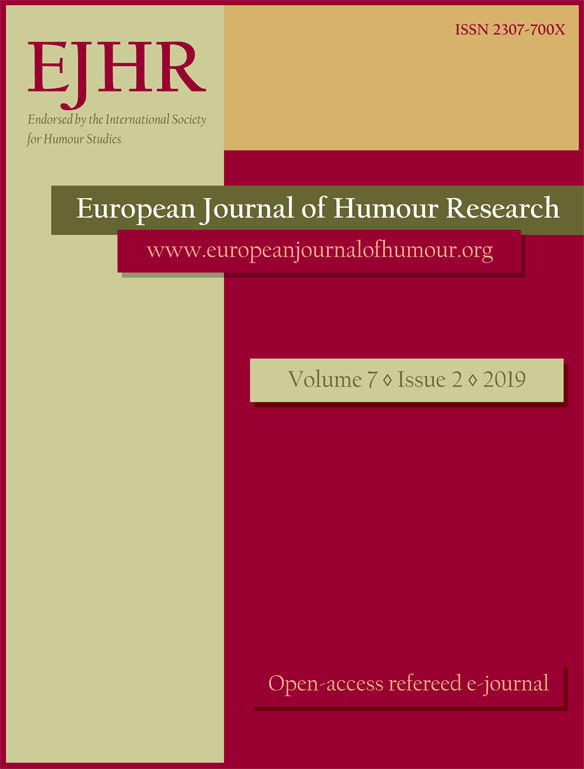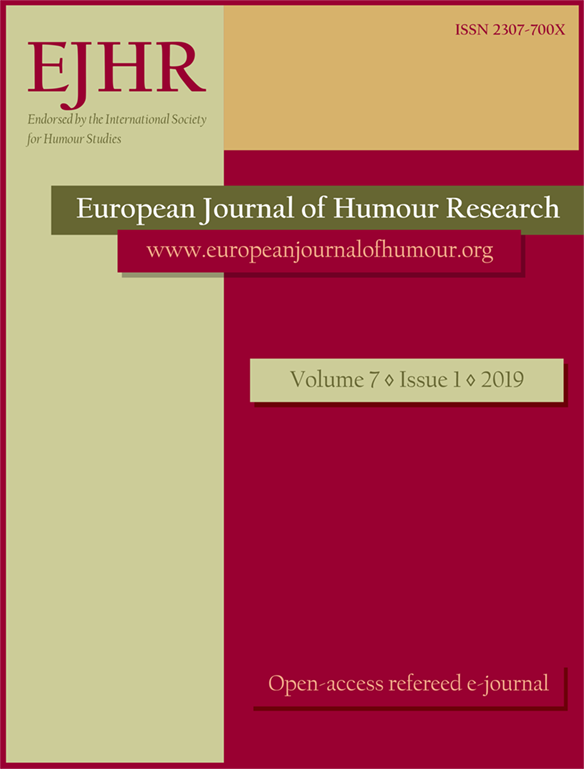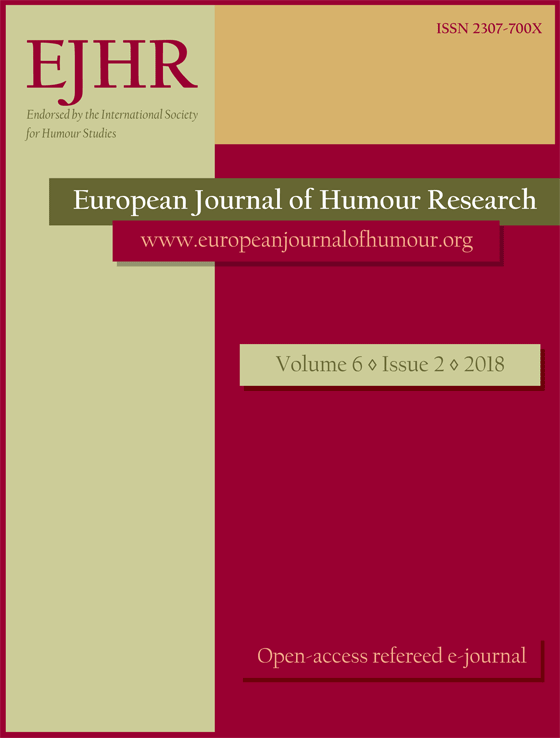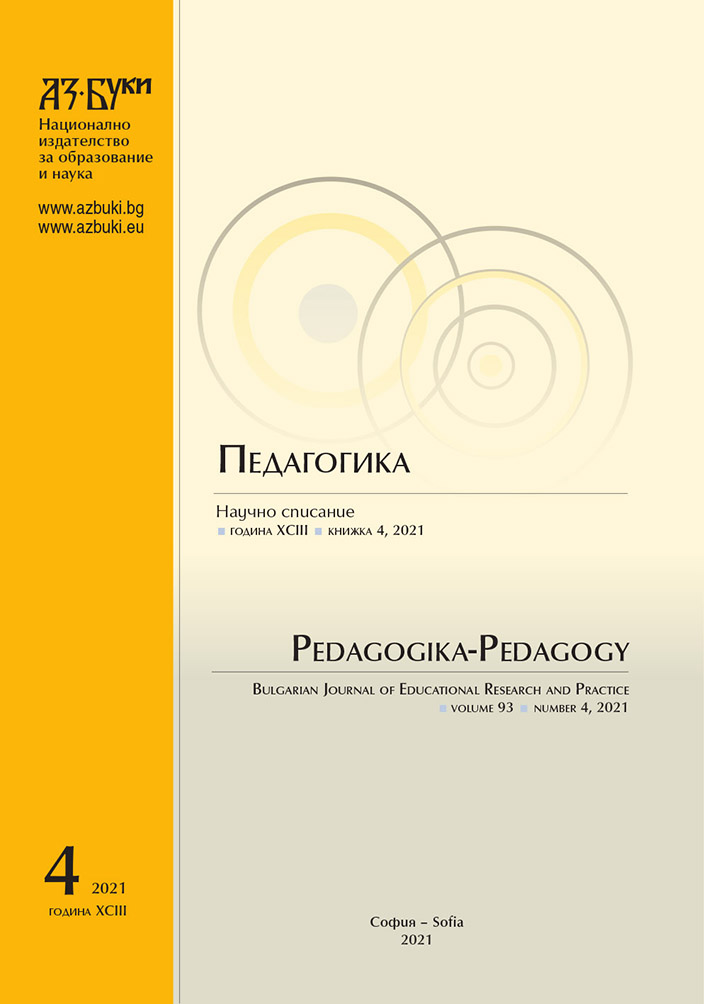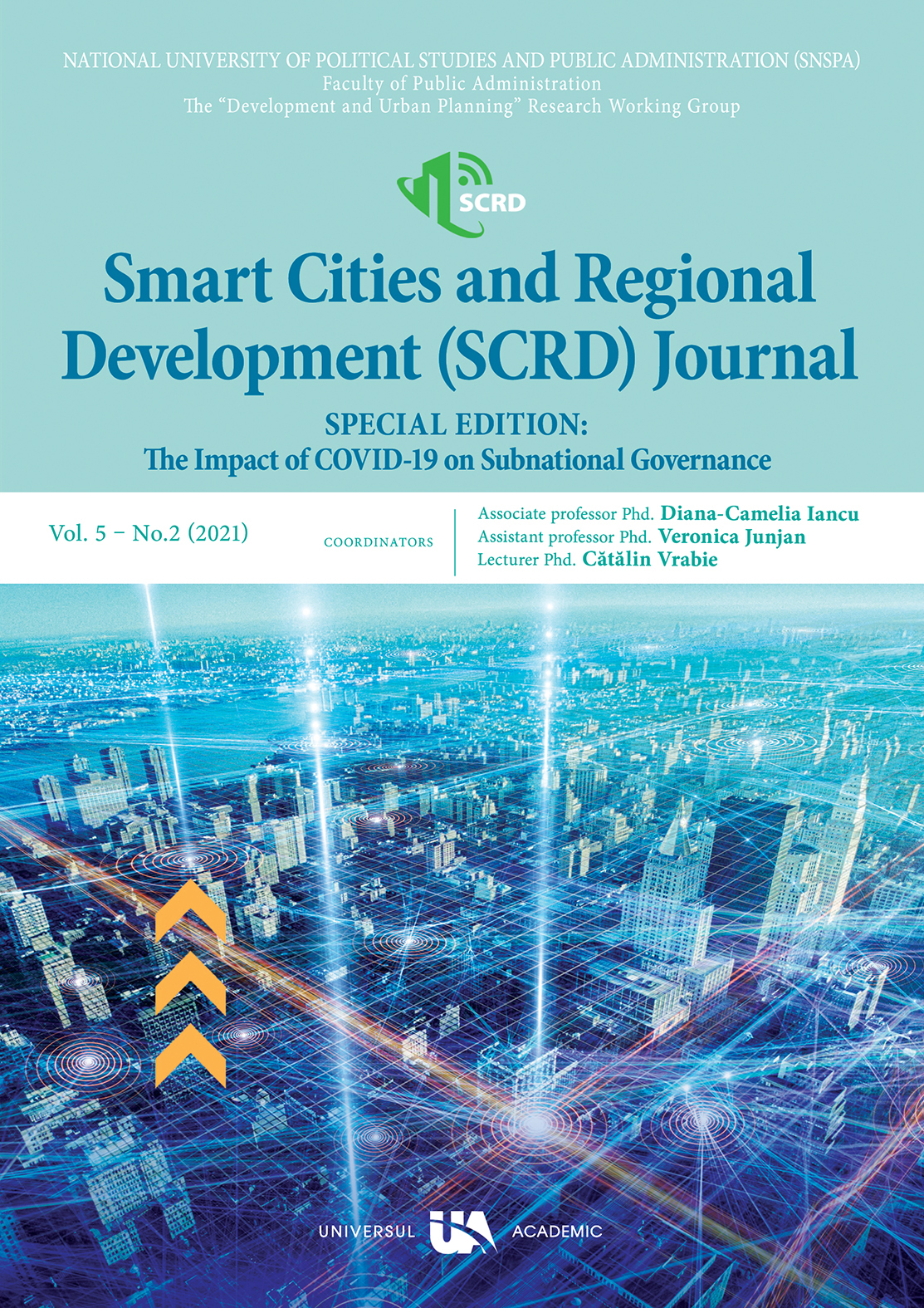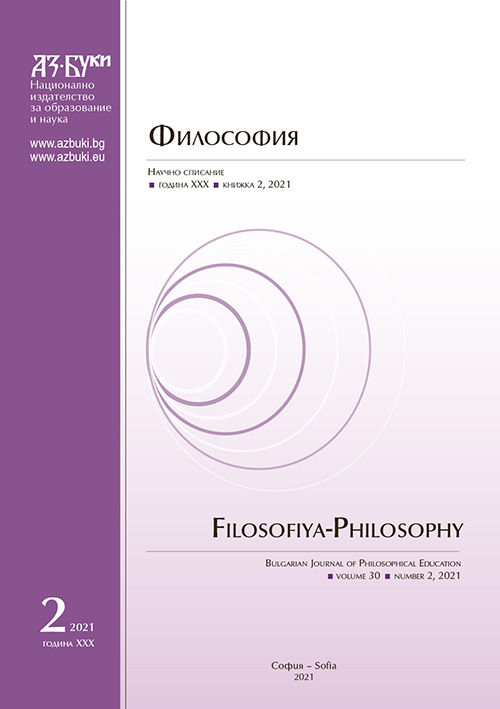
Fundamentalizm religijny muzułmańskich organizacji terrorystycznych a stan zagrożenia w Europie
Muslim fundamentalism is one of the movements of the Islamic social-political thought while Islamic terrorism is a method of acting chosen by radical supporters of warring extremism. Those two notions concerning different social phenomena are often confused. The author’s aim is to set the knowledge about fundamentalism and jihadism in order as well as to convince the reader that one should not perceive internally diversified Islam merely through those two notions. A new ethnic policy based on a well-thought-out integration strategy is a challenge for Poland. Two kinds of threat should be taken into account in the immigration policy planning: those related to Islamic terrorism developing in parallel societies, and otherscaused by the increase of social tension resulting from ignorance and xenophobia giving rise to islamophobia.
More...
